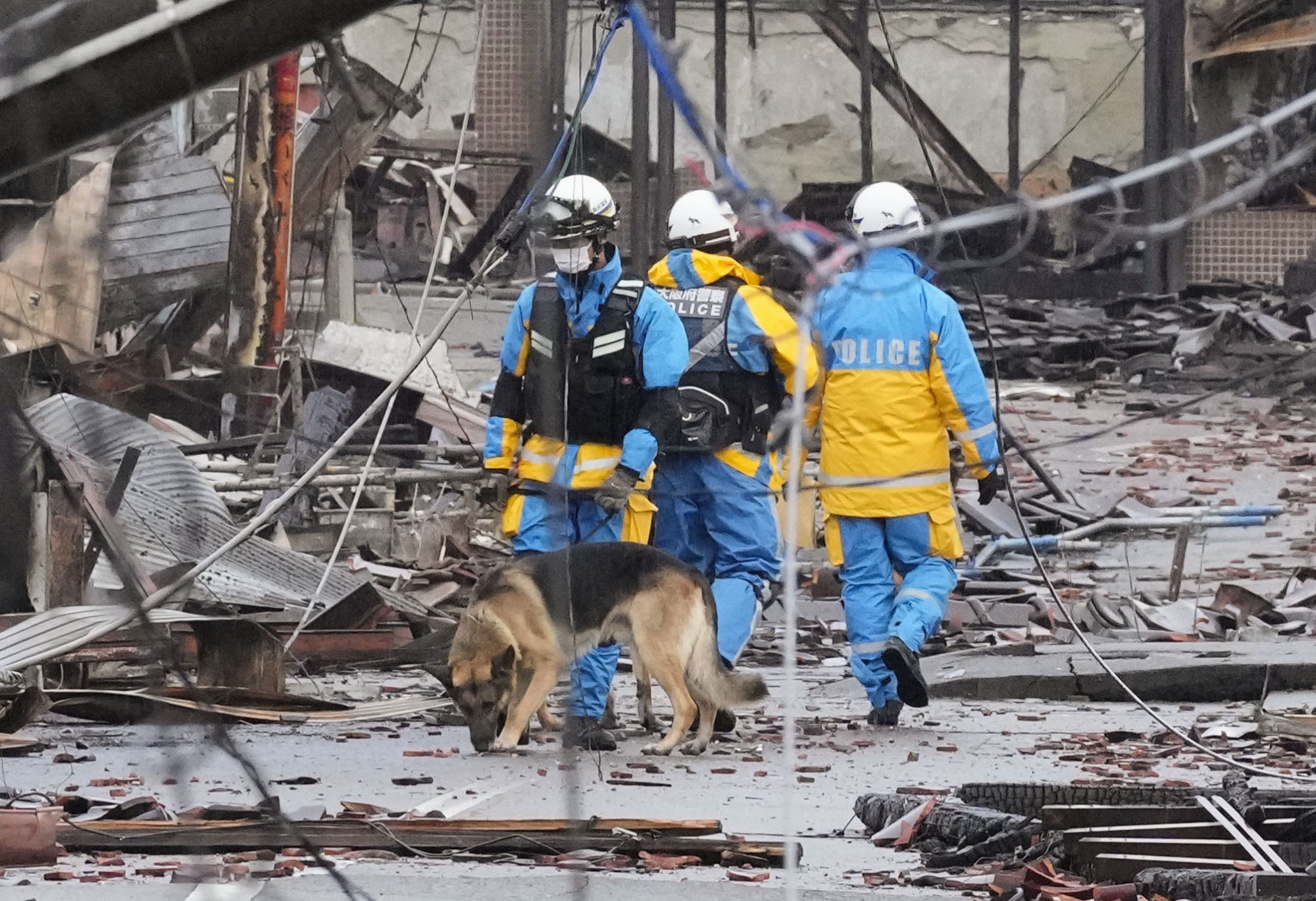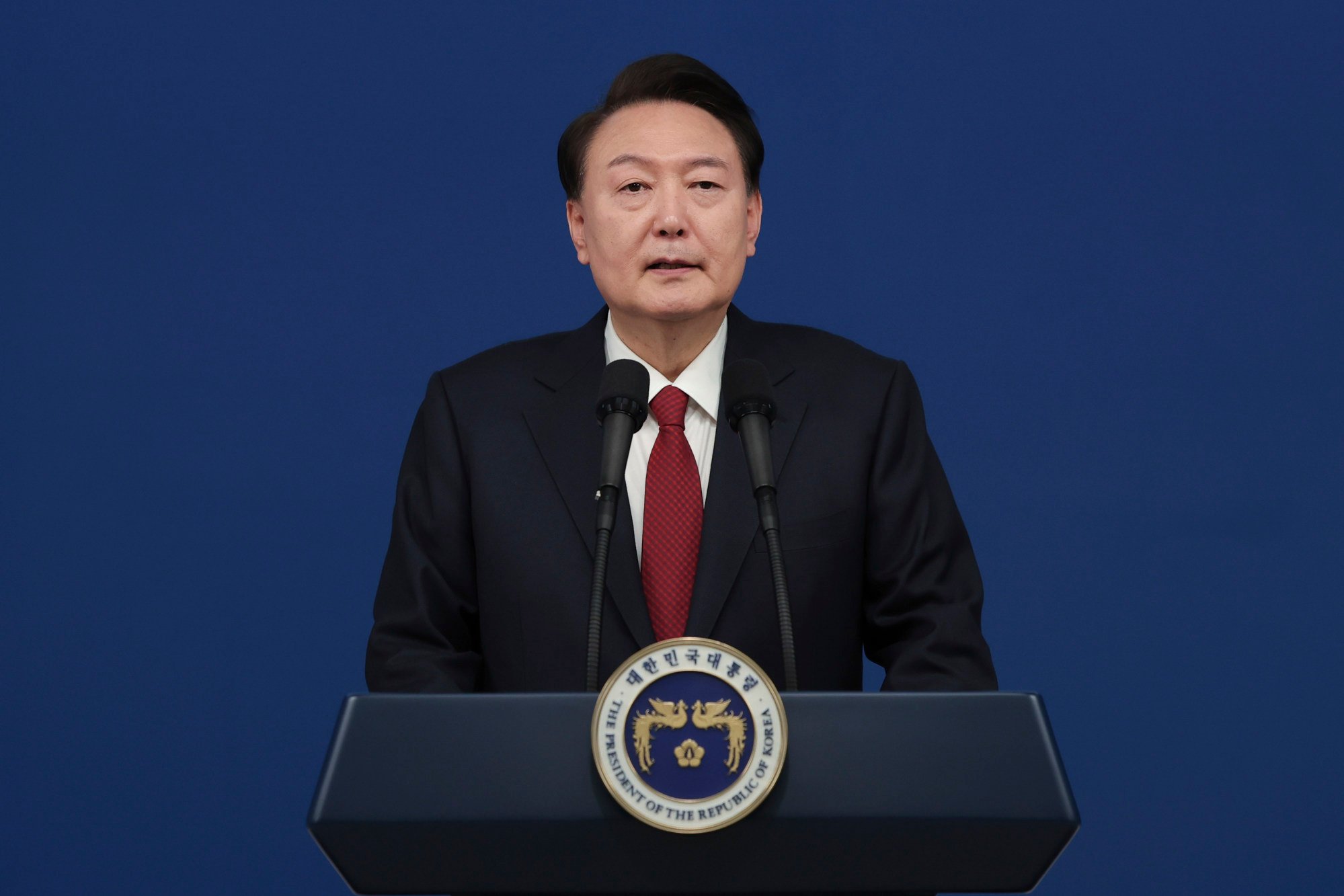
What’s behind North Korea’s ‘exceptional’ earthquake condolences to Japan?
- The Japanese government was taken aback by Kim Jong-un’s surprise sympathy message after the deadly New Year’s Day quake
- Analysts say it’s the first time he, or his father, has done anything like it – but there is likely more than just commiseration at play
The leader had never previously sent a personal message of condolence to Japan after a natural disaster, saving such expressions of regret for fellow communist regimes and key strategic partners instead.
Analysts say Tokyo was taken aback by the missive, and is attempting to discern Pyongyang’s motivation.

“The Japanese government was caught completely by surprise by this message and is still trying to understand Kim’s reasoning,” said Toshimitsu Shigemura, a professor at Tokyo’s Waseda University and an authority on North Korea’s ruling family.
Kim addressing Kishida as “Your Excellency” in the letter has also raised eyebrows in Tokyo.
“North Korea is struggling and they are looking for better relations with Japan in the hope that Tokyo will relax its sanctions,” he said. “Pyongyang is aware that the UN sanctions will remain in place, but it is still hopeful that if it can improve the relationship, then Japan might become more willing to lift some of the sanctions.”

South Korea’s coming election
“There are less than 100 days to go before the South Korean election and Kim does not want Seoul and Tokyo to get any closer,” he said.
Kim is hoping to cause problems for Yoon by being friendly to Japan and potentially isolating the South
South Korea is set to hold its next legislative election in April, with all 300 National Assembly seats up for grabs.
“Kim is hoping to cause problems for Yoon by being friendly to Japan and potentially isolating the South, damaging Yoon’s hopes in the election,” Shigemura said. “Any sort of instability that they can cause will help the North because criticism of Yoon’s administration could translate into votes for the left-wing opposition.”
Rah Jong-yil, a former diplomat and head of the South Korean intelligence department charged with monitoring North Korea, described Kim’s message as “exceptional”.
“It suggests to me that they are trying to start something with Japan and improve relations that have been badly strained for many years,” he said.
“I also believe it is possible that there may even be developments already taking place,” Rah said. “There were vague reports last year of North Korean and Japanese diplomats holding ‘informal’ talks in Southeast Asia and suggestions that the North was eager to be speaking with Japan.”
“These things take time, but it is possible that those talks have made some progress and the two governments do have a better working relationship,” he added.

